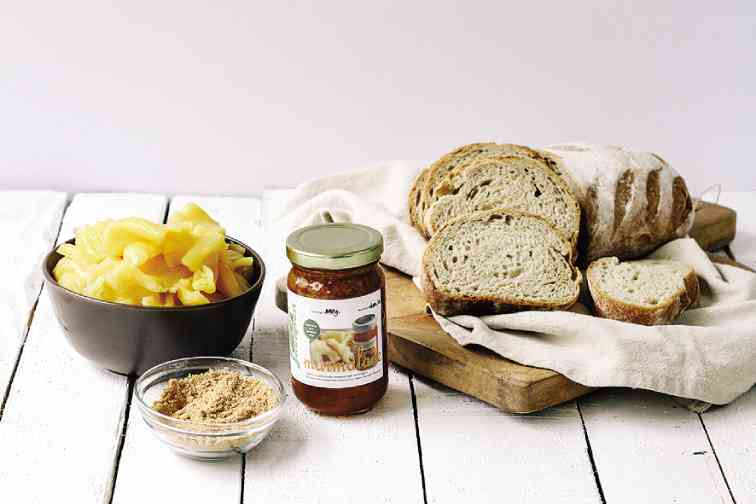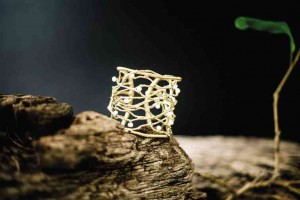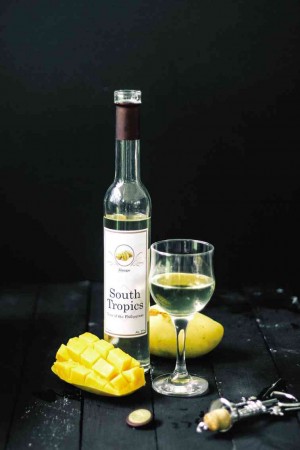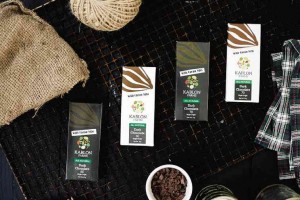Filipino delicacies find global market

Chocolate moron (steamed rice cake) from Abuyog in Leyte, handwoven banig (mats) from Zamboanga, coconut jam with coco sugar from South Cotabato and handcrafted jewelry from Bicol are just a few of the artisanal delicacies and products one can take home as pasalubong—if you have the time and money to travel to these places.
If not, then you have the option to buy them all from just one place, thanks to a new online store that aims to boost both awareness and sales of Philippine cultural heritage products: 1780 by SariSaristore.

The e-commerce portal, which was recently launched in Rockwell, Makati City, sells products such as food, bags, liquor, textiles and jewelry by local microentrepreneurs. These products come from five regions which have been hit hardest by conflict, poverty and disaster: Bicol, Eastern Visayas (the region most affected by Supertyphoon “Yolanda”), Western Visayas, the Zamboanga peninsula and Soccsksargen.
1780 is an offshoot of SariSariStore.com, a local online store where a hodgepodge of products (from apparel to food to electronics), services, and even jobs are offered (patterned after the neighborhood sari-sari store). The brand “1780” represents the country’s 17 regions and 80 provinces, since the shop’s promise is to “exhibit the best of the Philippines to the rest of the Philippines.”
“[1780] is both a business and a public service,” said Edmund Abesamis, SariSariStore.com corporate secretary. “It’s a portal that reaches out to small merchants and promotes them to the rest of the country and, also, the world,” he added.
Working with 1780 are the Department of Tourism (DOT) through the regional directors of the five chosen regions, and the Department of Social Welfare and Development (DSWD) through its Sustainable Livelihood Program.
For three to four months, the two agencies helped comb through Regions V, VI, VIII, IX and XII to choose merchants that would benefit the most from the retail platform that 1780 offers.
Travel blogger and heritage advocate Ivan Henares is also involved in promoting 1780.

“The Sustainable Livelihood Program is one of DSWD’s poverty-reduction schemes. We provide livelihood opportunities to communities in areas hit by natural disaster and conflict either through their own enterprises or by finding them gainful employment. 1780 is an opportunity for our communities to share their products with the market and see what their market demands,” said Ana Marie Raymundo, DSWD information officer. “These regions also have some of the highest poverty incidence. We are looking to strengthen these communities.”
“Northern Iloilo, Negros and Antique, and the whole province of Capiz were also greatly devastated by Yolanda. [Partnering with] 1780 is a great way to recover what was lost,” added Western Visayas Regional Director Helen Catalbas.
Around 50 microentrepreneurs were initially tapped by 1780. Those from the textile industry include: Granddaughters and students of 1998 National Living Treasure Awardee Lang Dulay of the T’boli tribe in South Cotabato, a t’nalak weaver; inaul cloth weaver Bai Albaya Wampa and other members of the Al-Jamelah Organization in Maguindanao; Angie Ilul, who is part of the Yakan Weavers Albarakkattu Multipurpose Cooperative, makers of Yakan cloth; and the Badjao of Zamboanga who make banig out of pandan leaves.
There are also foodstuff such as satti (adopted from the Malaysian satay) from Jimmy’s Satti Haus restaurant in Zamboanga; McNester’s mango ketchup and sauce from Guimaras, owned by Rebecca Tubongbanua; dark chocolate (with a spicy variant) from Ernesto Pantua Jr.’s Kablon Farms in South Cotabato; and longganisa from Ravago’s Guinobatan Longganisa in Bicol, owned by Carmen Ravago.
If you’re more into fashion items, there are handbags and purses made from nito vines by Nito Handicrafts in Dipolog. Pewee Benitez of Joy Gems in Sorsogon handcrafts brass cuffs, earrings and necklaces adorned with semiprecious stones.
Because many products are perishable or, like most of the weaves, need ample time for manufacturing since they’re made by hand, interested buyers need to request for certain items to be restocked first. This means that 1780 can’t promise the same number of delivery days for each item.
Courier services are provided by Xend, 2GO and PhilFox.

Some entrepreneurs also require a minimum order. Payments can be made through credit card, PayPal or 1780’s partner banks like BPI, BDO and Metrobank.
Shopping, however, isn’t the only highlight of 1780. The ultimate goal, said brand architect Amor Maclang, is to increase awareness on cultural traditions and heritage all over the country and help preserve them. To do this, tour packages will also be posted on the website so tourists can book their trips—making 1780 a one-stop Philippine travel shop, much like SariSaristore.com.
“Tourism is a resilient industry. [1780] is all about creating sustainable growth by investing in local heritage and local culture preservation,” said Maclang.
“People are looking for these products; locals are creating these products—we need to bridge that gap,” added Henares. “Also, these cultural products need to be passed on to the next generation. How do we do that? By making sure that the people creating them are earning.”
